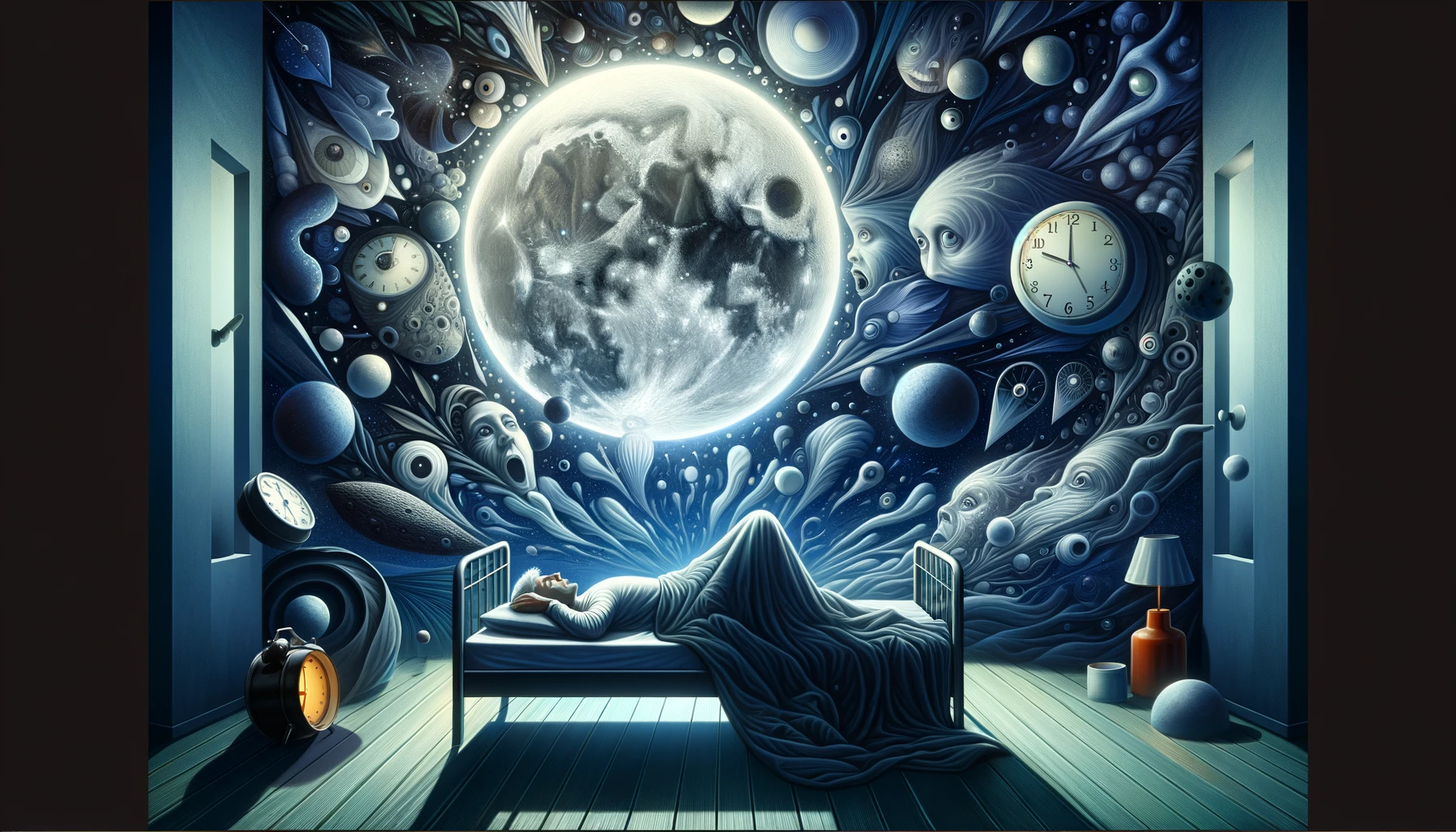 Insomnia, one of the symptoms of patients diagnosed with COVID-19, makes scientists delve into the new studies. They already knew that insomnia was common among patients requiring hospitalization, but a team of researchers led by Dr. Huong TX Hoang of Phenikaa University, Vietnam, began to wonder if even mild infections could affect sleep quality.
Insomnia, one of the symptoms of patients diagnosed with COVID-19, makes scientists delve into the new studies. They already knew that insomnia was common among patients requiring hospitalization, but a team of researchers led by Dr. Huong TX Hoang of Phenikaa University, Vietnam, began to wonder if even mild infections could affect sleep quality.
"As a sleep researcher, I have received many questions and complaints from relatives, friends and colleagues about their sleep disturbances after recovering from COVID-19,” said Hoang, lead author of the article published in Frontiers in Public Health.
"We found that most studies focused on hospitalized patients. Their treatment environment and quarantine would differ significantly from those with milder symptoms. "
The researchers recruited 1.056 people over the age of 18 who had been diagnosed with COVID-19 but had not been hospitalized in the past six months and who reported no history of insomnia or psychiatric conditions. They sent a survey to these people to complete between June and September 2022.
The survey requested information on sociodemographic characteristics such as age, gender, and chronic conditions, as well as the duration and severity of patients' COVID-19 infection. It also measured symptoms of anxiety, stress and depression experienced by patients.
To investigate levels of insomnia, patients were asked to compare how well they slept, how long they slept, and how easy it was to fall asleep in the past two weeks compared to before contracting COVID-19.
76% of patients report insomnia
It appears that 76,1% of participants reported experiencing insomnia: 22,8% of these individuals reported severe insomnia. Half of the participants said they woke up more often during the night, while a third said they found it harder to fall asleep, slept worse, and slept for less time.
The severity of their initial infection did not seem to correlate with the severity of insomnia they experienced. Although asymptomatic patients with COVID-19 had lower scores on the insomnia index, the difference was not statistically significant.
Recently recovered patients may also be more stressed and sensitive to changes in their physical health, which leads them to perceive their sleep as worse.
The researchers pointed out that a holistic approach to address all factors contributing to insomnia and that further investigation of the relationship between COVID-19, mental health problems and insomnia is needed.
















